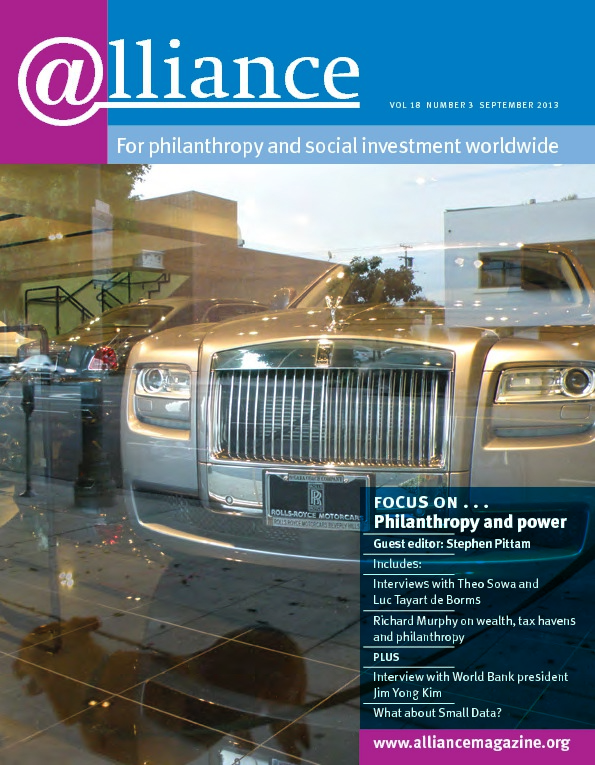When I started the Central American Women’s Fund (FCAM) in Nicaragua almost a decade ago, I wondered how I could involve Central American women’s movements in decision-making without creating a political mess. Decisions around money are always difficult, particularly where there are so few resources available and where organizations are used to competing for funding. Who should make those decisions?
In order to influence public opinion and public policies on gender issues, women’s rights organizations need to be able to communicate, organize and mobilize around pressing issues such as gender-based violence; death threats against women’s rights defenders; lack of access to land and technical assistance as rural producers; violation of some basic labour rights; and the right to abortion, at least in case of rape or when women’s life is at stake. Who should decide what is most important?
It is well established that a large number of people are collectively wiser than a small group of well-informed individuals, and the idea of having our own grantees become grantmakers themselves was attractive to us, so we designed a participative selection process which is still in place nine years later.
Several other grantmakers have been interested in the methodology and some of them, such as FRIDA, the Young Feminist Fund, have adapted it successfully at a global scale. This year, FRIDA’s new grantees have been selected under this participatory process from more than 1,300 applications from 102 countries in five different languages.
How does it work?
After deciding on the number of grants and the total amount to be given away by country and programme, FCAM staff conduct an initial screening of the proposals and reject those that do not meet the criteria. These include: a majority of women in the leadership and constituency of the organization, limited access to other resources, and promotion or defence of women’s rights with an explicit purpose of challenging all forms of discrimination against women.
Programme staff then send a summary of each application to all the pre-selected groups plus current grantee partners, with a request that they vote for their top choices and give comments on them (they are told not to vote for themselves). The summaries include the title of the project and location of the group but not the name. In voting, we ask groups to keep in mind what they think is most strategic for the promotion and defence of women’s rights in their communities, as well as FCAM’s funding priorities. The results of voting are shared with all participants.
Due diligence is still needed after the votes are tallied because we may discover that some of the selected applicants are not what they appear to be on paper. When this happens, our staff usually bring back one or two applications that have not made it into the top ones but deserve to be supported. The finalists are then invited to participate in a workshop on project development and budgeting. This is an important last step in the process. It allows the new grantees to get to know each other and gives the staff a better idea of how ready the groups are to receive funding and what help they need with planning and budgeting for the year.
Participating in these annual selection processes enables all the participants to get to know what others are doing in their field and, most importantly, it gives back to the women’s groups the shared responsibility for making decisions on how the money that has been raised on their behalf should best be distributed and used.
Of course, like all grantee selection processes, this one faces some challenges. The initial criteria have to be quite clear and their application strict. Otherwise, the pool to be voted on may include proposals we would not want to support. Since FCAM aims to fund innovative, edgy projects and gives priority to marginalized populations, we mention this explicitly in the voting instructions. At first, we feared this would not be enough but actually it has worked pretty well.
In spite of some initial resistance from some more experienced applicants who would prefer to ‘lobby’ our programme coordinator rather than take part in voting, this system has been overwhelmingly well received by both FCAM’s grantees and rejected applicants. They all appreciate the transparency and fairness of the process, of which they feel they have real ownership.
After almost ten years, we at FCAM are convinced both that grantmaking processes led by grantee partners are effective and that they level the field between donors and grantees, reducing potential negative power dynamics between them and building a collaboration towards shared goals.
Ana Criquillion is founder of FCAM. Email anacawf@gmail.com






Comments (0)